The Horn of Africa has recently witnessed critical developments that have intensified the Gulf’s strategic rivalry in the region. What once resembled traditional competition has now morphed into an existential conflict, deeply wounding the collective unity of the Gulf Cooperation Council (GCC) and its citizens.
Following the 2017 Gulf crisis, countries in the Horn found themselves entangled between opposing blocs. Their responses varied: Somalia and Ethiopia chose neutrality; Djibouti downgraded diplomatic ties; and Eritrea aligned with one party over another. Despite Mogadishu and Addis Ababa’s neutral stance, Somalia bore the brunt of its perceived fragility. Since 1991, internal instability has plagued the nation, further exacerbated by regional interference that thrives on Somalia’s continued dysfunction.
Kenya has taken a particularly confrontational approach toward Somalia, especially with the maritime border dispute over potentially oil-rich waters. While the matter is set to be resolved by the International Court of Justice, the timeline and process remain uncertain. However, the recent reopening of the U.S. embassy in Mogadishu—after a 30-year absence—signals Washington’s intent to rebalance power in the region. The U.S. no longer sees remote influence as sufficient; direct engagement, especially to counter China’s growing footprint, has become necessary.
In fact, Washington’s return to Somalia may accelerate the resolution of the maritime issue while also extending its influence over Sudan’s transition. Although the U.S. recognizes that international law favors Somalia, it finds utility in Kenya’s defiance—it justifies Washington’s involvement and may lead to a broader negotiation involving support for Somalia’s internal stability in exchange for concessions elsewhere.
Meanwhile, the Gulf states’ involvement in the Horn continues to deepen divisions. Political parties and factions have leveraged Gulf funds for power, causing the region to split further. Somalia’s legal path to resolve its maritime dispute may succeed, but it won’t shield the region from Gulf-financed disruptions. Much depends on Washington’s immediate agenda in Somalia.
International powers have a vested interest in preventing Gulf unity. Fragmentation allows each Gulf country to be manipulated separately, providing cover for foreign agendas while Gulf nations bear the consequences. With divergent visions and self-centered ambitions among GCC states, Gulf competition is spreading across Africa, threatening the viability of a unified Gulf bloc—at least in the short to medium term.
Gulf-African Relations Center – Policy Paper, October 2019
Dr. Amina Al-Arimi
An Emirati researcher specializing in African affairs.

